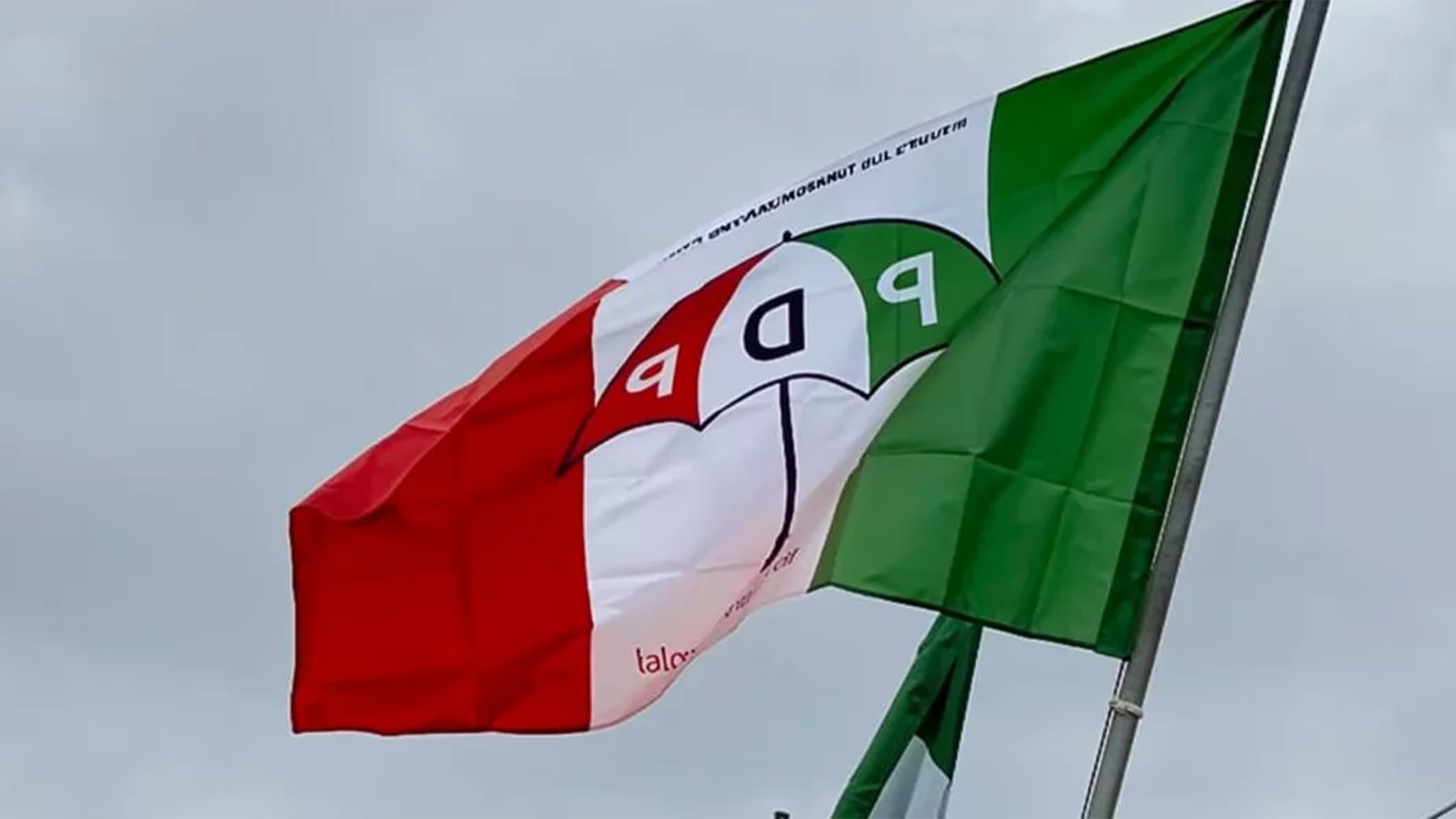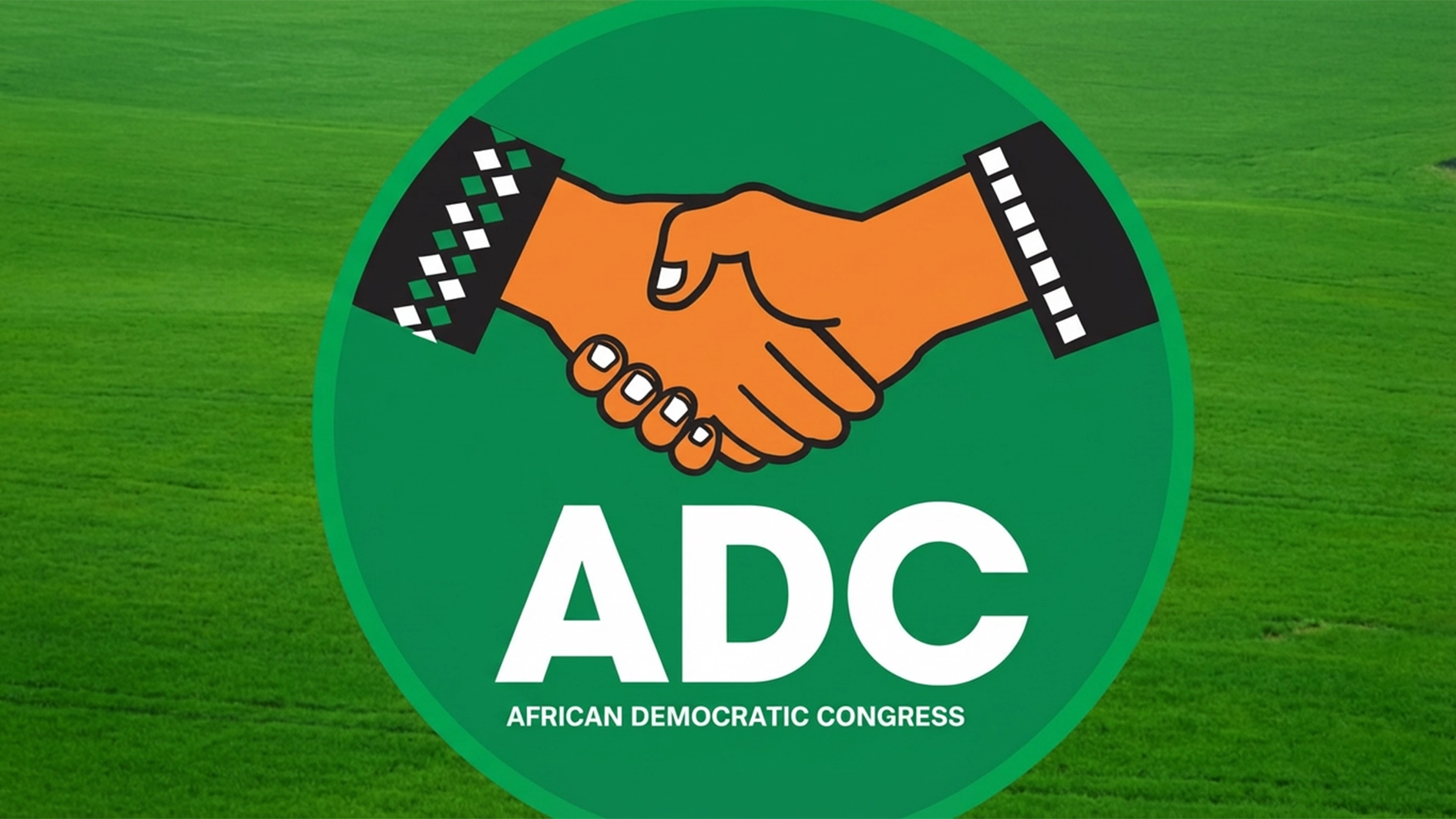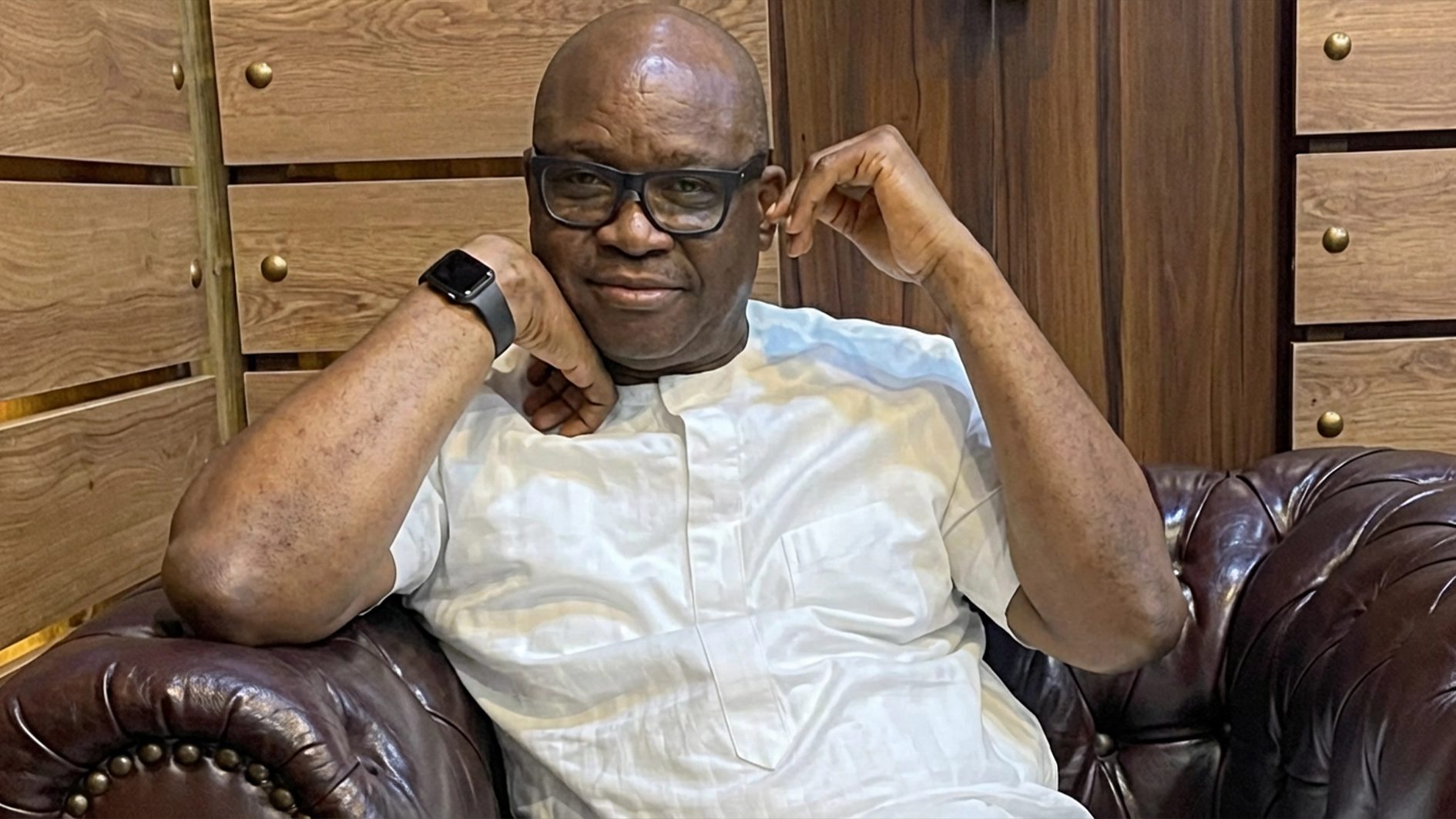Political parties have, in questionable circumstances, concluded primaries to elect flag-bearers for the 2026 governorship election in Ekiti State. The far-from-transparent procedure has again raised concerns about the growth of democracy and the credibility of the leadership selection process, TUNDE BODUNRIN reports.
Major political parties in Ekiti met the November 10, 2025, deadline set by the Independent National Electoral Commission (INEC) to conclude their primaries. Yet, the lack of transparency in the exercise has deepened doubts about internal democracy within the parties.
Governor Biodun Oyebanji of the ruling All Progressives Congress (APC) emerged through a consensus and affirmation process, while Wole Oluyede won the Peoples Democratic Party (PDP) ticket. Dare Bejide clinched that of the African Democratic Congress (ADC), Opeyemi Falegan of the Accord Party (AP), David Bankole of the Social Democratic Party (SDP), and Blessing Abegunde of the New Nigeria Peoples Party (NNPP). But they are far from a seamless process.
Controversy over the APC’s consensus primary
OYEBANJI’S emergence through affirmation followed the disqualification of two aspirants, Kayode Ojo and Mrs Abimbola Olawunmi, over alleged non-compliance with the party’s constitution and the Electoral Act. Another aspirant, Mrs Atinuke Omolayo, withdrew voluntarily, leaving Oyebanji unopposed.
However, the process sparked outrage. Critics argued that the so-called consensus violated both the APC constitution and the Electoral Act, which require all aspirants to consent in writing before a consensus can stand. Where any aspirant refuses, the party must revert to direct or indirect primaries.
Article 20 of the EKITI APC constitution provides that consensus is valid only “where possible,” and is still subject to a yes/no vote by delegates. There is no evidence that such validation occurred in Ekiti. Consequently, Oyebanji’s affirmation has been viewed as a formality rather than a genuine exercise of democracy.
Although Ojo has not gone to court, one disqualified aspirant has filed a suit challenging the process. Observers also question why the party leadership avoided a proper primary to test Oyebanji’s popularity.
The APC’s history with controversial consensus primaries heightens concern. In Benue State, the primary that brought in the party’s gubernatorial candidate in 2015 led to protests and litigation. In Lagos and Niger States, alleged impositions in 2021 and 2025 sparked violence and court cases. These experiences show that forced consensus often breeds resentment and weakens party unity.
A party member in Ekiti described Oyebanji’s endorsement as “a choreographed exercise,” lamenting that past governors and key stakeholders imposed their will on delegates. “There was no real primary. What happened was a coronation,” he said.
PDP’s disarray and Fayose’s anti-party stance
THE PDP’s primary was not markedly different. Despite producing Dr Oluyede, a respected physician, the party remains deeply divided. The primary, held in Ado-Ekiti, saw Oluyede poll 279 votes to defeat Funso Ayeni (239) and Theresa Ogun (27). Delegates from Ido-Osi Local Government were excluded, triggering protests that delayed proceedings.
Acting chairman Tunji Odeyemi hailed the outcome as evidence of “internal democracy,” but the celebration was short-lived. Nationally, the PDP remains embroiled in a leadership crisis between the Umar Damagum-led National Working Committee and a faction loyal to Senator Samuel Anyanwu, leaving many state chapters without a clear direction.
Former governor Ayo Fayose, a two-term PDP leader who now fraternises with the APC, bluntly declared the PDP “clinically dead” in Ekiti. “There’s no credible structure, no direction. The captains have jumped ship,” he said. His statement reflects the prevailing sentiment among party faithful, who are frustrated by disunity and dwindling resources.
Though Oluyede appears credible, his chances are undermined by a fractured structure and the open endorsement of Oyebanji by Fayose, a development that further blurs party lines and questions his loyalty to the PDP platform that made him governor twice.
ADC’s inflated figures and limited reach
AMONG minor opposition parties, the ADC generated attention after its primary produced Bejide as its candidate. The committee announced that Bejide polled 15,466 votes to defeat Prof. Olusola Eleka (12,003), Femi Adegbite (9,141), and others.
However, many observers dismissed the figures as unrealistic, given Ekiti’s modest political landscape. “The ADC’s numbers are aspirational, not actual,” a political analyst remarked. “They project relevance, not real strength.” Beyond the questionable statistics, the ADC faces challenges related to limited visibility and internal issues. Its state secretariat in Ado-Ekiti was recently attacked by hoodlums, disrupting the inauguration of new executives. Though the party blamed its rivals, insiders say its biggest weakness remains a lack of grassroots presence and funding to compete with the APC’s entrenched structure.
Bejide’s political experience, they admit, cannot compensate for the absence of statewide reach or financial backing.
Other parties…
THE SDP produced Bankole through consensus after other aspirants stepped down. The NNPP picked Abegunde, a young entrepreneur, while the Accord Party nominated Falegan, a businessman and philanthropist.
While these names add variety to the ballot, analysts believe they lack the organisational strength to pose serious threats to Oyebanji. The governor commands strong support across the 16 local councils and enjoys the backing of major political blocs that have shaped Ekiti since its creation in 1996.
Having served as secretary to the Ekiti State Creation Committee and held key positions under successive administrations, Oyebanji’s long presence in government gives him a structural advantage and deep local networks.
Fayose, despite his mixed loyalties, admits that Oyebanji has cleared the most difficult hurdle by securing the APC ticket unopposed. What he fails to acknowledge, critics say, is the moral contradiction of backing an opposition candidate against his own party’s flag-bearer.
Weak opposition, smooth path
EIGHT months to the governorship election, both political and non-political actors already predict an easy win for Oyebanji. The opposition remains fragmented, the PDP weighed down by infighting, the ADC overstating its strength, and smaller parties lacking visibility.
While the atmosphere looks calm, observers worry that such one-sidedness undermines democratic competition. “What we have now is a one-party scenario,” said a civil society activist in Ado-Ekiti. “The people are being denied meaningful choices.”
Within the APC, disquiet still lingers over the handling of the primaries. A party member described the consensus arrangement as a “Machiavellian tactic” that sidelined genuine aspirants. Ojo, one of the disqualified contenders, told journalists in Lagos that the process deprived his supporters of participation and eroded confidence in the system.
The 2026 poll, analysts predict, may therefore test not only Oyebanji’s popularity but also Ekiti’s commitment to democratic principles. For now, internal dissent appears muted, with major stakeholders rallying behind the incumbent.
Strategic alliances across zones
ACROSS the three senatorial districts, leading political figures from various parties have signalled their support for Oyebanji. From Ekiti Central, former governor Niyi Adebayo and Fayose are reportedly backing him. Their combined influence in the zone could neutralise any challenge from opposition candidates.
In Ekiti North, Speaker of the House of Assembly, Adeoye Aribasoye, and former governor Segun Oni are believed to lean toward Oyebanji. Their cooperation could consolidate the governor’s hold on the region.
From Ekiti South, Oyebanji has garnered the support of former Senate Minority Leader Biodun Olujimi, who recently defected from the PDP to the APC, and Senator Dayo Adeyeye, chairman of the Nigerian Ports Authority. The deputy governor, Monisade Afuye, also hails from the same district.
Ironically, PDP candidate Oluyede comes from Ekiti South, the same zone as the deputy governor, but analysts doubt he can match the incumbent’s influence and resources in the area. “It will be an uphill task,” said a political observer, “because virtually every major power bloc in Ekiti South is now with Oyebanji.”
APC’s consolidation and federal backing
THE governor also enjoys the loyalty of all 26 members of the State House of Assembly, 31 local government and LCDA chairmen, prominent elites, and the Ekiti Council of Traditional Rulers. Federal support further strengthens his position, as President Bola Tinubu continues to consolidate the APC’s dominance nationwide ahead of the 2027 general elections.
Political analysts agree that unless internal conflicts resurface, the APC enters the 2026 governorship race as the clear favourite. The PDP, still struggling with leadership crises, may not recover in time to pose a challenge, while the ADC and other minor parties lack both structure and funding to mobilise meaningful support.
But speaking on the implications of the tailored primaries, President of the Yoruba Ronu Leadership Forum, Akin Malaolu, urged political parties to ensure transparency in the processes that produce their candidates.
He noted that Nigerians cannot continue to fault the electoral umpire while looking away from the shenanigans often perpetrated by parties during their primaries.
According to him, “Tailored or manipulated party primaries for gubernatorial elections often undermine internal democracy and erode public trust in political institutions. When party leaders handpick candidates through consensus or orchestrated disqualifications, the process denies members the right to freely choose their flagbearers. Such practices breed resentment, weaken party unity, and often lead to post-primary litigations that distract parties from effective campaigns.”
He also posited that tailored primaries limit voters’ options and reduce the competitiveness of the general election. “The emergence of unpopular or imposed candidates discourages public participation and deepens voter apathy. It also reinforces a culture of political patronage, where loyalty to powerful individuals or factions outweighs merit, competence, or popular will.”
In essence, the 2026 Ekiti governorship election may determine whether Oyebanji can break the state’s one-term jinx. Yet, unlike his predecessors, he faces no formidable challenger. His biggest threat, if any, may come from internal discontent within the APC rather than from opposition parties.
For now, the road to June 2026 appears remarkably smooth for Oyebanji, perhaps too smooth for comfort in a democracy where competition and transparency should define legitimacy.






